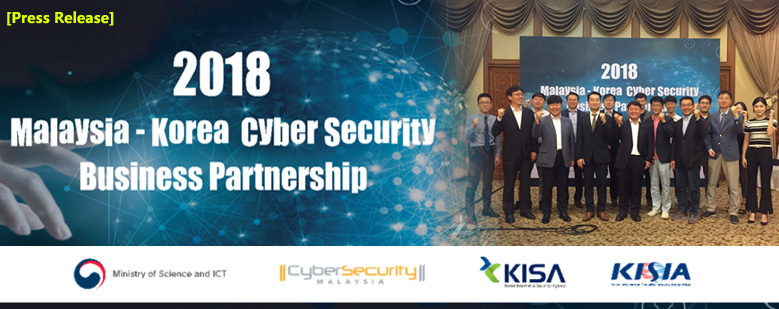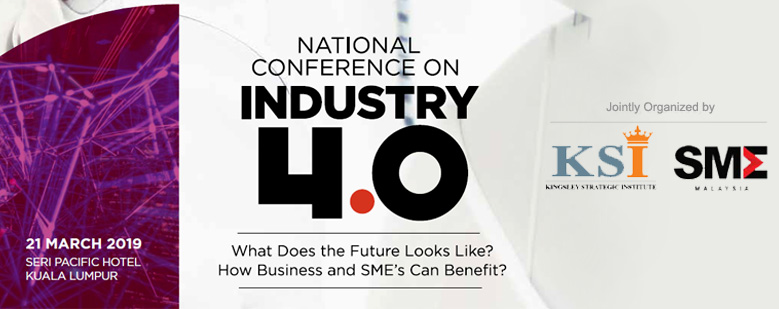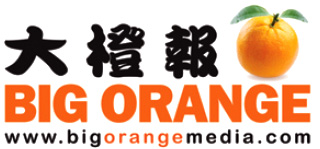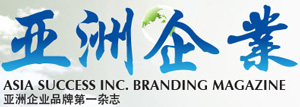TPP poised to improve IP environment: US Chamber of Commerce
KUALA LUMPUR: Malaysia’s intellectual property (IP) environment has been improving over the past four years and is poised to strengthen once it is part of the Trans-Pacific Partnership (TPP) grouping.
Opportunities for progress stand clear as the IP standards under the IP chapter would strengthen the environment with regards to the life sciences. Malaysia was placed in the 17th position in the US Chamber of Commerce’s fourth annual International IP Index which measures 38 prominent global economies against it.
Its overall score has increased to 14.78 from 14.62 in the previous edition of the Index. Measured as a percentage, the score has stayed the same as last year at 49 per cent. Each economy’s score is based on 30 indicators spread across six categories — patents, copyrights, trademarks, trade secrets, enforcement, and international treaties.
According to the Chamber, the change in score is a result of the replacement of the GTRIC-e measure of physical counterfeiting with the Global Physical Counterfeiting Measure. “Malaysia’s score has gone up quite considerably and steadily over the course of the four editions, with positive reforms to its copyright law standing out.” But it said despite having introduced the Regulatory Data Protection (RDP) five years ago, challenges remain.
Despite intensifying efforts, high levels of counterfeiting, software, and music piracy occur. “De facto RDP full term of protection is not offered to new products, patent term restoration not allowed,” it said, adding that ex officio powers are not used by customs officials. On the patent term restoration for pharmaceutical products, it pointed out that the TPP contains very clear requirements that contracting parties make available a term of patent restoration for unreasonable delays.
“Introducing a term of patent restoration for any delays caused through the regulatory review process would be a positive step in strengthening Malaysia IP environment as it relates to the life sciences.” Providing biopharmaceutical innovators a full term of patent exclusivity is an essential component of incentivising R&D and investment in new medical technologies, it said. It also noted Malaysia’s Health Ministry’s statement that regulatory delays in Malaysia were within international norms, thus precluding the need for any restoration period.






























